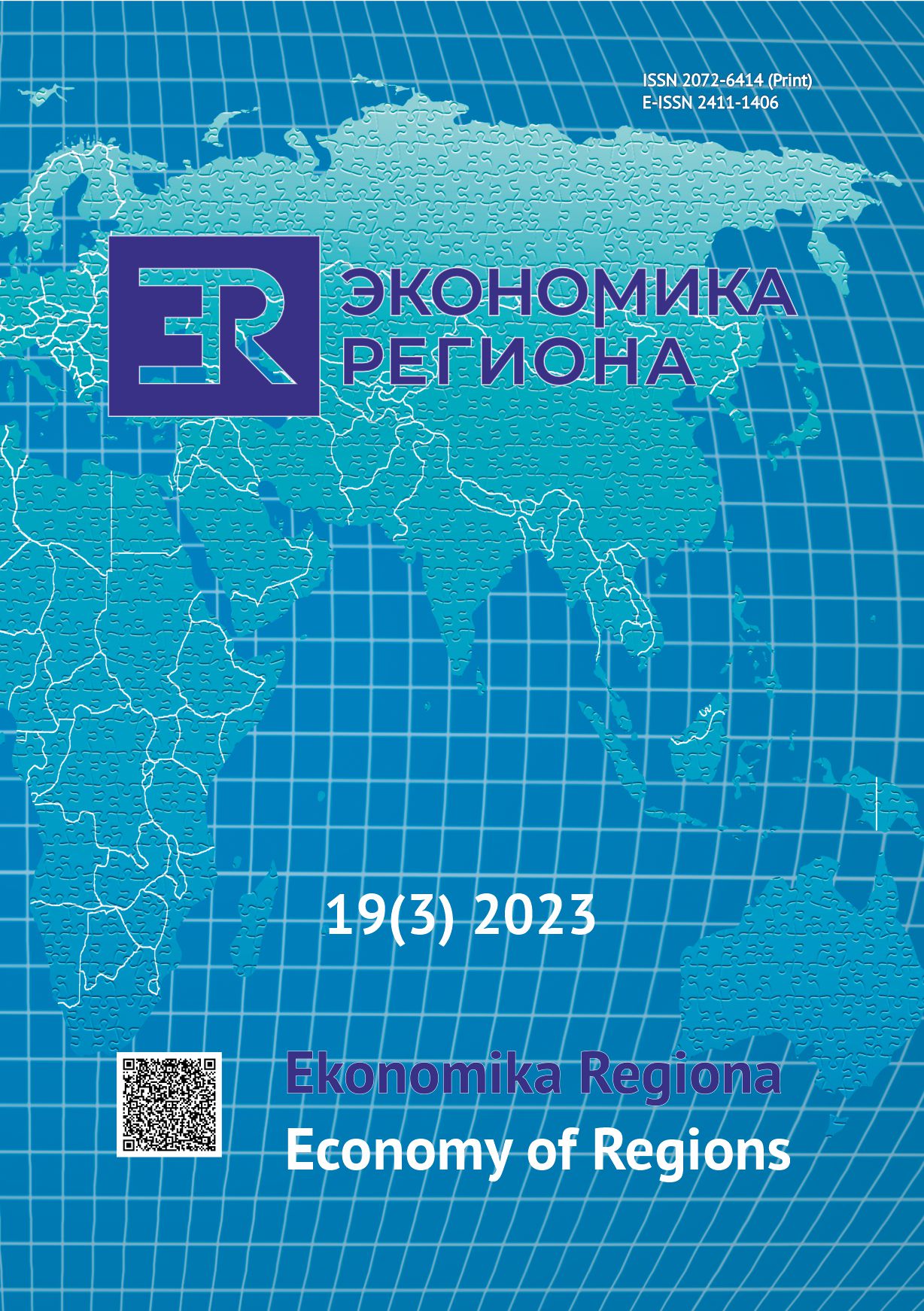Accessibility of Energy from Renewable Energy Sources for Inhabitants of Arctic Cities
Accessibility of Energy from Renewable Energy Sources for Inhabitants of Arctic Cities
Author(s): Aleksandr D. Stoyanov, Anastasiya S. SakharovaSubject(s): Energy and Environmental Studies
Published by: Институт экономики Уральского отделения Российской академии наук
Keywords: energy utilisation; sustainable development; environmental impact; carbon dioxide; Arctic; hydraulic citizenship; renewable energy sources; renewable energy; sustainable development goals;
Summary/Abstract: The subject of the present research is the assessment of access of residents of Northern cities to energy produced from renewable energy sources (RES). The largest Arctic cities in Russia, Sweden, Norway, Finland, Denmark, the USA and Canada, located above 66 ° 33 ´ North latitude, are analysed. The importance of the study is due to the categorisation of access to RES as a fundamental good in the context of Sustainable Development Goals and fight against climate change. The work uses the index method, followed by ranking cities by the level of access to energy from RES. The following variables constitute the index: variety of operators, variety of types of energy sources, alternatives of energy sources, micro- and macro-generation support. It was found that residents of Kiruna and Tromsø have the best access to energy from renewable sources due to the support of initiatives at all levels, while Utqiagvik has the lowest indicator due to its isolation. Energy from renewable energy sources does not have a significant share in all of the cities under consideration; moreover, the market is often monopolised, which limits the choice and availability of various energy sources. Consequently, it is important to create suitable conditions for developing of RES on all levels, with the focus on micro level (as it makes ordinary people participate actively in the agenda, which is the key to support such remote areas with energy); otherwise it is unlikely to support the cities and territories of the region with energy from RES.
Journal: Экономика региона
- Issue Year: 19/2023
- Issue No: 3
- Page Range: 860-869
- Page Count: 10
- Language: English

